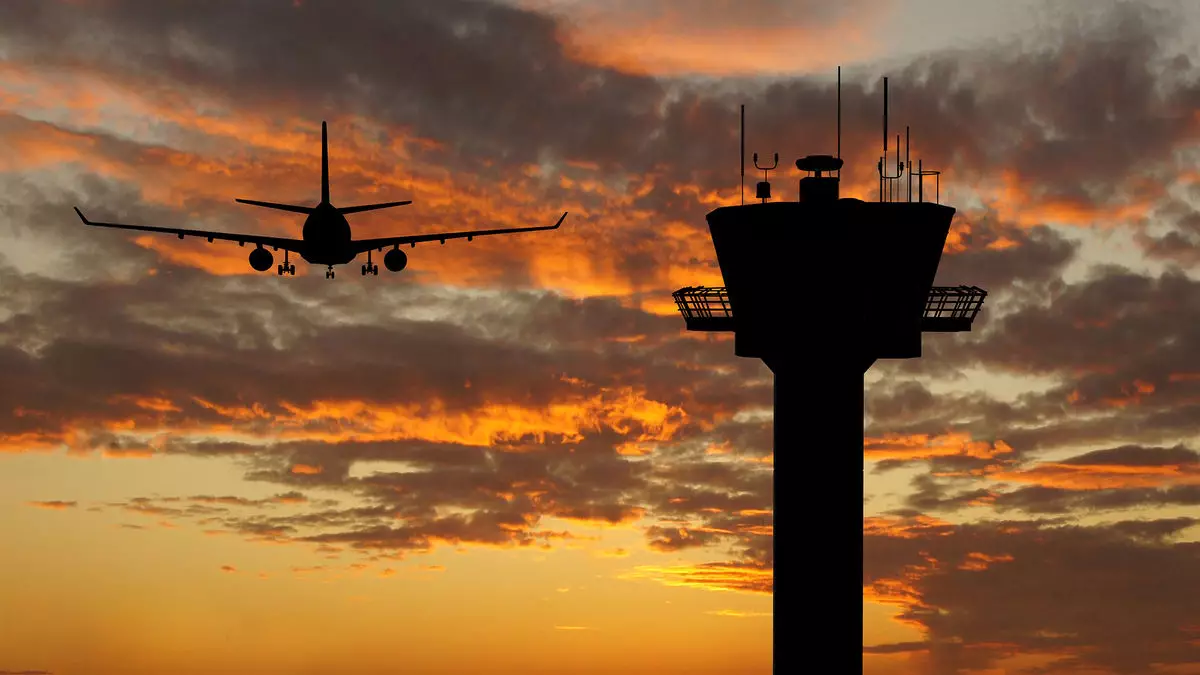The U.S. Federal Aviation Administration recently announced the extension of a limited waiver of slot usage at the major New York City area airports until October 25, 2025. This decision will have significant impacts on the airlines operating in these airports, especially with regards to scheduling flexibility and operational efficiency.
Initially offered in early 2023 through September 15 of the same year, the waiver allowed carriers to reduce their schedules by up to 10% while still retaining their slots. This waiver has been extended twice since then, first to October 28, 2023, and then to October 27, 2024. Carriers, particularly United Airlines, have taken advantage of this offer to adjust their schedules and enhance their operational performance, especially at Newark Liberty Airport.
While Newark Airport has seen significant improvements in its operational performance, challenges still remain, especially in terms of staffing shortages. The goal of the waiver was to reduce congestion caused by staff shortages, but the FAA is still facing challenges in this regard. Despite increasing the number of air traffic controllers hired in 2023 by 300, there are still not enough certified controllers at the New York Radar Approach Control facility.
To address these challenges and improve efficiency and safety in the region, the FAA plans to have the Philadelphia Air Traffic Control Tower take over the Newark airspace. This change is expected to be implemented by June 30 and will require 17 air traffic controllers to relocate. However, despite offering incentives, not enough controllers have volunteered to transfer to the new location.
The FAA projects that the New York facility will not reach 70% of the targeted staffing level until the end of 2026. Additionally, the current training success rate of 25% is not expected to outpace attrition in the near future. These projections highlight the challenges that the FAA faces in ensuring sufficient staffing levels and operational efficiency at the New York City area airports.
While the extension of the slot usage waiver provides airlines with scheduling flexibility, challenges remain in terms of staffing shortages and operational efficiency at the major New York City area airports. The FAA’s efforts to address these challenges by relocating control of the Newark airspace to the Philadelphia Air Traffic Control Tower are a step in the right direction, but more needs to be done to ensure the long-term viability and safety of air travel in this region.

